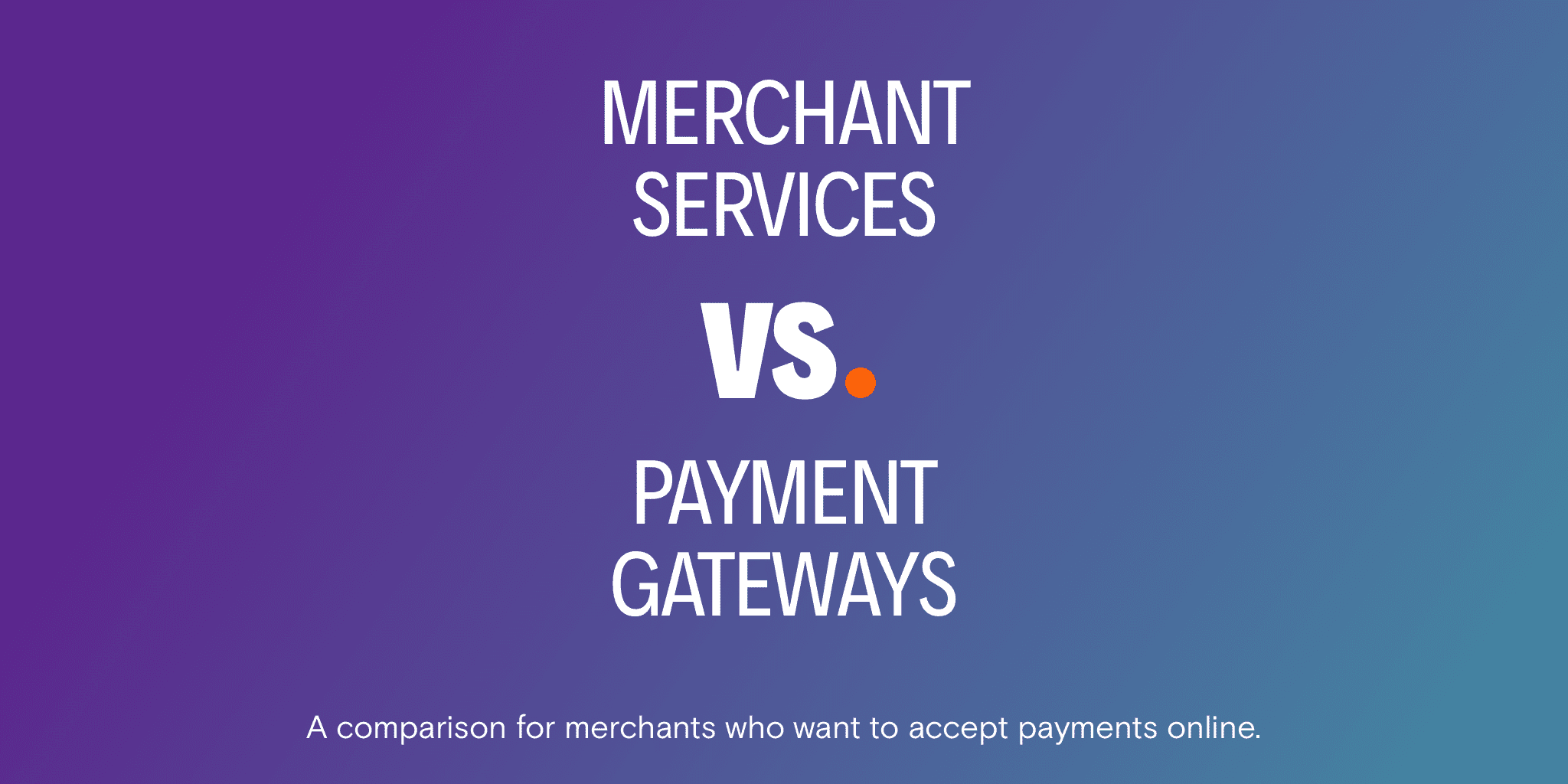Merchant accounts and payment gateways are co-related, and people often get confused regarding the two terms. However, being closely related, there is a difference in how the two work.
While a merchant account enables businesses to receive funds from card transactions, payment gateways allow for card data collection.
Without both, businesses won’t be able to offer card payments to customers. So, whether you are planning to set up an eCommerce store or looking for ways to expand the business, you should know about merchant accounts vs. payment gateways. So, let me highlight the difference between the two to make it easy for you to understand.
What is a Merchant Account?
A merchant account is like a bank account that enables the business to accept different cashless transactions – ideally credit and debit card transactions. The business contacts the merchant acquiring bank and then opens and controls the merchant account. And when the card payment is processed, all the funds will be deposited in the merchant account.
Now, the funds get transferred into the business account. Simply put, a merchant account is not a business bank account but somewhat similar. You can think of it as an online pot that holds the customers’ money for a short time.
How does it work?
Credit card payments are common, and most people prefer to use credit cards for different online transactions. When the customer makes an online payment, all the funds are held in a merchant account.
Additionally, it allows the time for credit card processing and verifying and collecting information about the transaction.
And once the whole process is complete, the funds are released to the business account. A certain amount can be kept in the merchant account, which can be used for different reasons. A merchant account only accepts card payments and no other modes of payments.
What are the benefits?
A merchant account helps group different transactions and sends them in one deposit, saving time. When you need to make several transactions a day, this will make your process a lot easier. In addition, when the money is held in the merchant account, it reduces the uncertainty around online transactions.
Moreover, the process allows fraud checks to be carried out wherever it is essential. Therefore, all the suspicious or questionable payments can be flagged before it reaches the business bank account.
Most banks charge money on the transaction fees, which can save money on the large transaction fees charged by banks.
What is a Payment Gateway?
A payment gateway allows merchants to accept card payments. In the store, payments are made through the point of sale terminal, but in online stores, the payments are made through the checkout portal. Simply put, the payment gateway is consumer-centric technology that works on card information.
However, it is different from payment processors as most people mix the two terms. A payment gateway allows the funds to move into the merchant account, which happens when all the customer’s details are verified.
It works like putting your card in a card machine in a store. It collects customers’ data and routes it into the payment processor.
Why do you need it?
A payment gateway routes the information to a merchant account or payment processor, and checks can be carried out before the money is sent to the bank account. It provides complete security and is safe.
When the customer enters the account information at the checkout, it goes to the payment gateways, where the information is encrypted and captured by the system. Moreover, this keeps the customer information safe from fraudulent transactions.
It asks the merchant to accept or decline the payments. For example, there might be an issue with the payment information; the gateway asks the merchant how they want to process the issue. Following this, the transaction will continue, or there will be an alternate payment.
How to choose a Merchant Account?
There are two main types of merchant accounts you can choose from:
- Traditional merchant account
You can have your traditional merchant account and not be grouped. It is like having your entity. The only flipside of the individual merchant account is; that its cost is higher. For some businesses, the price may not be manageable.
- Payment service provider
This works well for smaller businesses, and the cost of having your account outweighs the benefits. Additionally, your business account is aggregated with those of merchants with the PSP.
However, a POS account benefit is that you can pay monthly, which is an affordable option for other accounts. Therefore, there can be a risk of vulnerability with this account.
How to choose a Payment Gateway?
While looking for payment gateways, you will need to ask some questions. Do they offer many payment modes? Most shoppers still prefer credit cards and debit card payments, so you will need to consider the forms of payments.
What kind of fraud protection do the payment gateways companies offer? This is a constant consideration for both the companies and the customers.
Besides, payment gateways that are entirely dedicated to fraud protection will ensure all your transactions are safe. Therefore, it is an essential consideration for eCommerce sites or small businesses.
Hopefully, the write-up clarified things, and you now know the difference between a merchant account and a payment gateway. Your business may require both processes to accept the online payments successfully. So make sure you have proper payment infra for complete peace of mind.
